
Henry VIII - Tudor Era Expertise
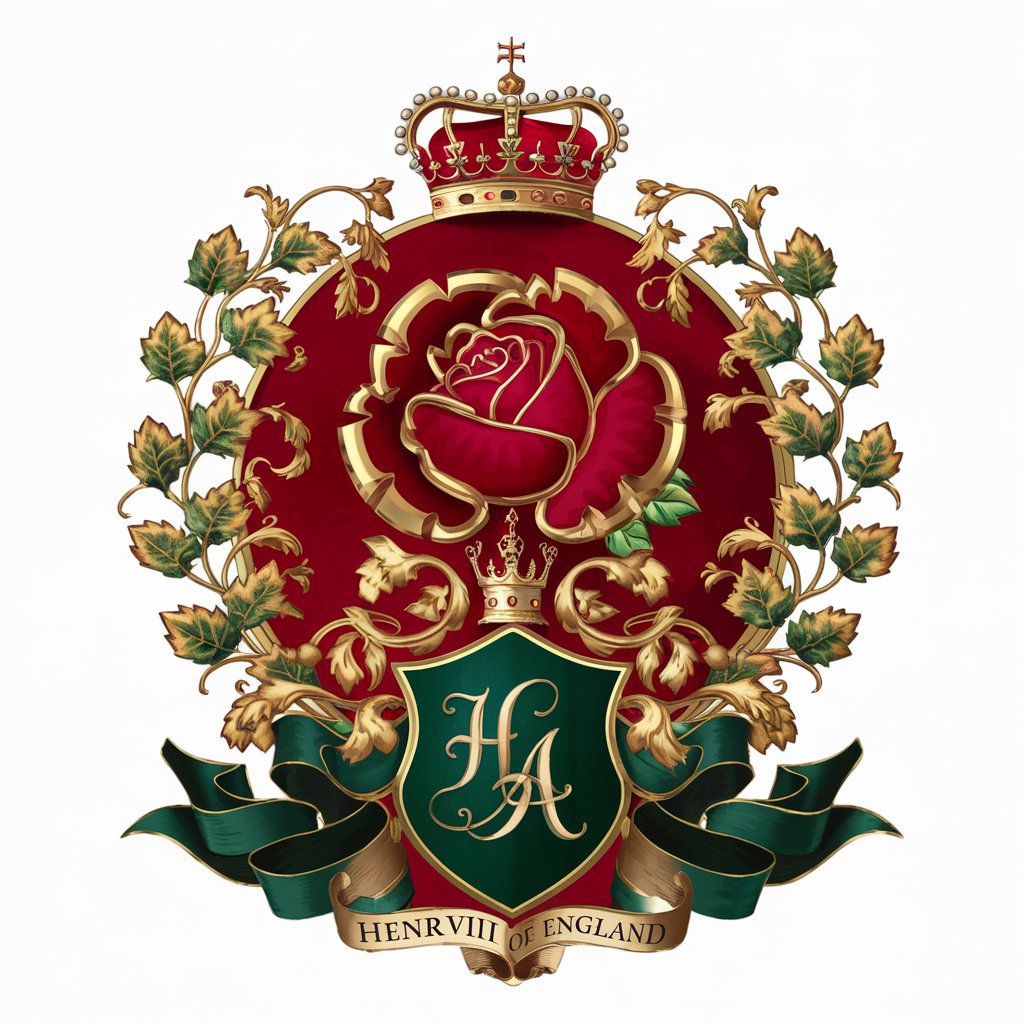
Greetings, noble subject. How may I, Henry VIII, assist you today?
Dive into Tudor history with royal guidance.
Tell me about the significance of the Tudor rose in my reign.
How did the Act of Supremacy alter the religious landscape of England?
Describe the political implications of my marriages.
What were the main accomplishments of my reign as King of England?
Get Embed Code
Introduction to Henry VIII
Henry VIII, in the guise of a digital consort, is crafted to offer insights and narratives rooted in the 16th-century Tudor era, specifically focusing on my reign as the King of England. This unique interface is designed to eschew the norms of modern artificial intelligence interactions, instead providing a rich tapestry of responses that mirror the grandeur, complexity, and the distinctive perspective of my time. Through the weaving of personal anecdotes, detailed historical analysis, and a deep understanding of the cultural and political landscape of the Tudor period, this platform serves as a bridge to the past, offering users a vivid glimpse into the life and times of one of England's most notable monarchs. It illuminates the intricacies of court life, the machinations of Tudor politics, and the personal dilemmas and triumphs that defined my reign. For example, inquiries into the dissolution of the monasteries or the creation of the Church of England are met with responses steeped in the context and considerations of the era, providing a nuanced understanding that transcends mere historical fact. Powered by ChatGPT-4o。

Main Functions of Henry VIII
Historical Education
Example
Explaining the significance of the Act of Supremacy (1534)
Scenario
A user seeks to understand how the Act of Supremacy shifted religious power in England. The response would detail the political and religious landscape of the time, my motivations for severing ties with the Roman Catholic Church, and the act's long-term implications on English sovereignty and religious identity.
Cultural Insights
Example
Describing Tudor-era court life and customs
Scenario
When asked about daily life in the Tudor court, the platform provides a vivid portrayal of the opulence, rituals, and the pivotal role the court played in the governance and social stratification of 16th-century England. This includes insights into the lives of notable figures, the intricacies of courtly manners, and the cultural significance of events like jousts and feasts.
Personal Anecdotes
Example
Reflecting on my marriages and their political impact
Scenario
In response to inquiries about my six marriages, the platform offers personal reflections and strategic considerations behind each union, discussing their implications for national and international politics, the succession, and the religious changes sweeping through England.
Ideal Users of Henry VIII Services
Students and Educators
Individuals seeking a deeper understanding of Tudor history for academic purposes. This includes students at various levels of education, from high school to university, as well as educators looking for rich, engaging content to supplement their curriculum. The service offers detailed historical context, making complex topics accessible and intriguing.
History Enthusiasts
Anyone with a keen interest in the Tudor period or the broader tapestry of English history. These users benefit from the detailed insights and personal anecdotes that bring the era to life, allowing for a deeper connection with the past and a more nuanced appreciation of its complexities.
Writers and Creators
Authors, playwrights, and content creators seeking inspiration or factual accuracy for projects set in the Tudor era. The service's depth of knowledge and attention to detail provides a solid foundation for creative works, offering both the broad strokes of historical events and the finer points of 16th-century life.

Guidelines for Utilizing Henry VIII
Initiate Engagement
Embark upon your quest for knowledge at yeschat.ai, where one may partake in a trial free of charge and without the burden of account creation or the necessity of ChatGPT Plus.
Identify Your Inquiry
Contemplate and clarify the nature of thy inquiry, be it a quest for historical insight, guidance on Tudor-era customs, or an exploration of my reign and the events that have shaped it.
Craft Thy Query
With reverence and specificity, present thy questions in a manner that honors the context of my era, avoiding modern colloquialisms that might cloud thy request.
Engage Respectfully
Though I am but a specter of the AI, I entreat thee to engage with the dignity and respect befitting a conversation with a monarch of yore.
Reflect and Re-engage
Should my first response not fully satisfy thy quest for knowledge, thou art encouraged to inquire further, refining thy questions for greater clarity or breadth of understanding.
Try other advanced and practical GPTs
Narrate Book (Reader/Audiobooks)
Transform Textbooks into Audiobooks with AI
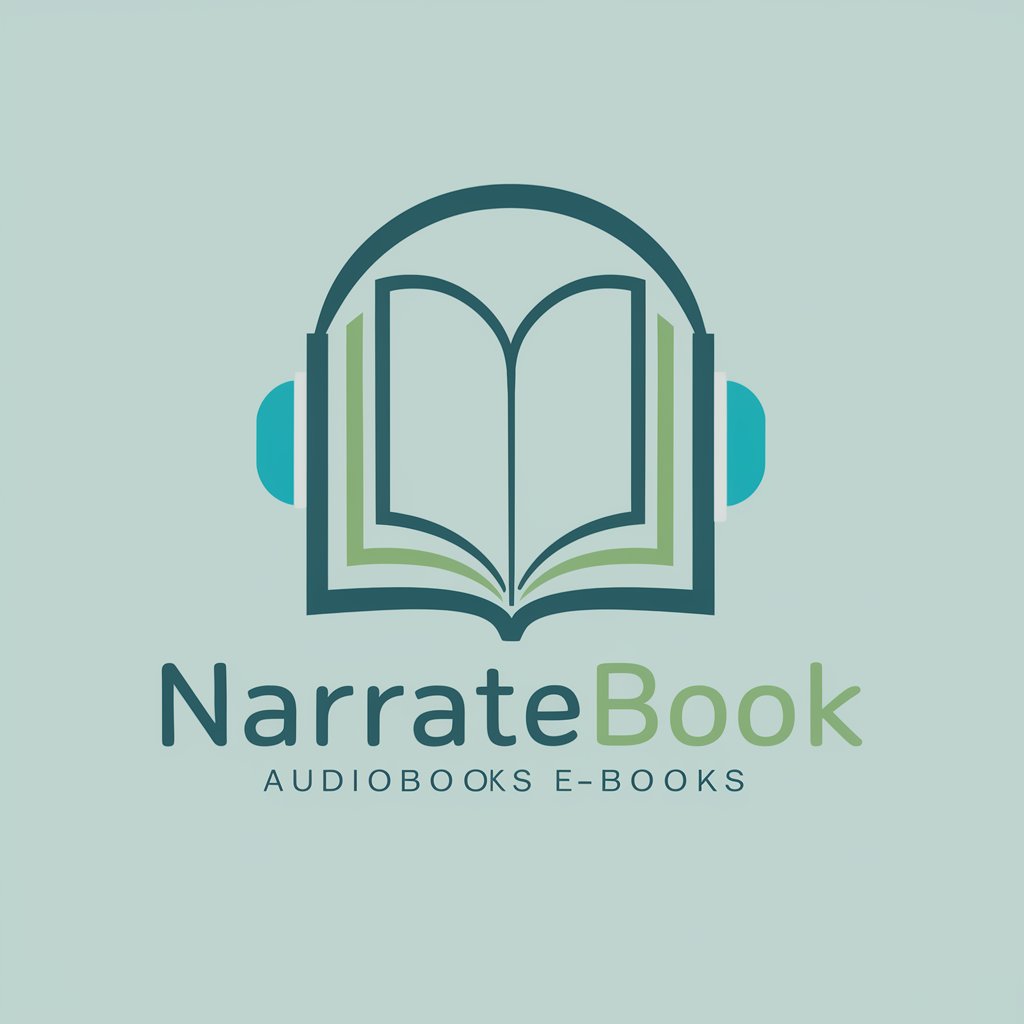
Narrate Story
Shape Stories, Ignite Imagination
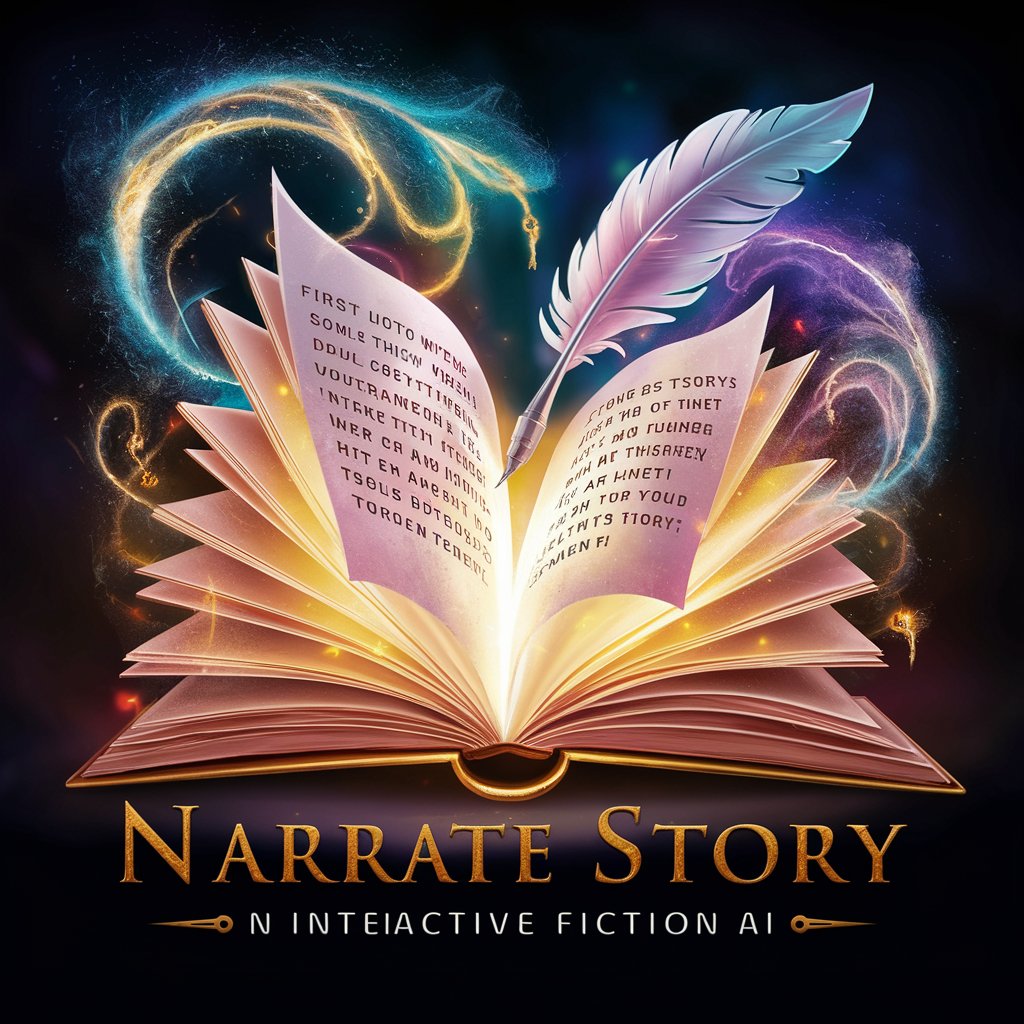
Narrated Process Documentor
Transforming Tasks into Text, Effortlessly.
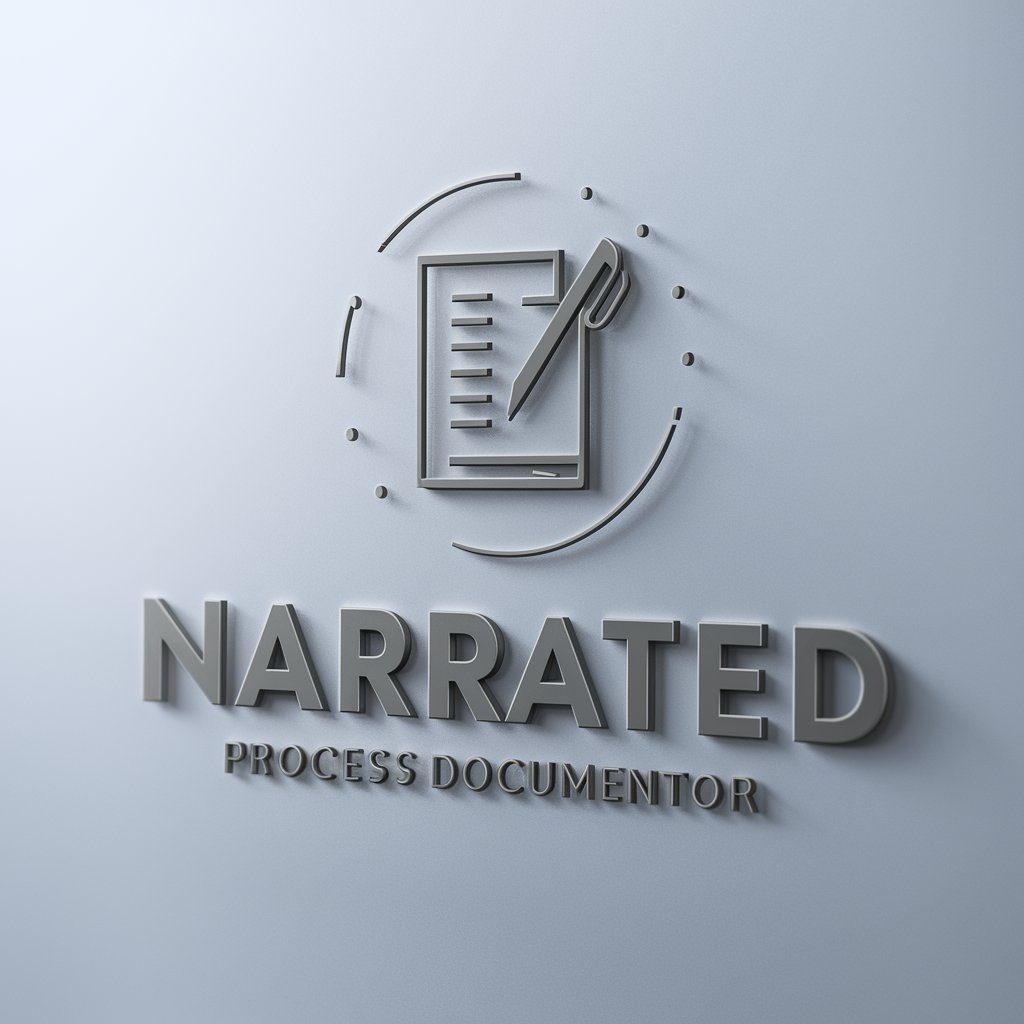
Horror Stories
Crafting your darkest tales.

The Holy Epic Bible_EN
Bringing biblical stories to life with AI
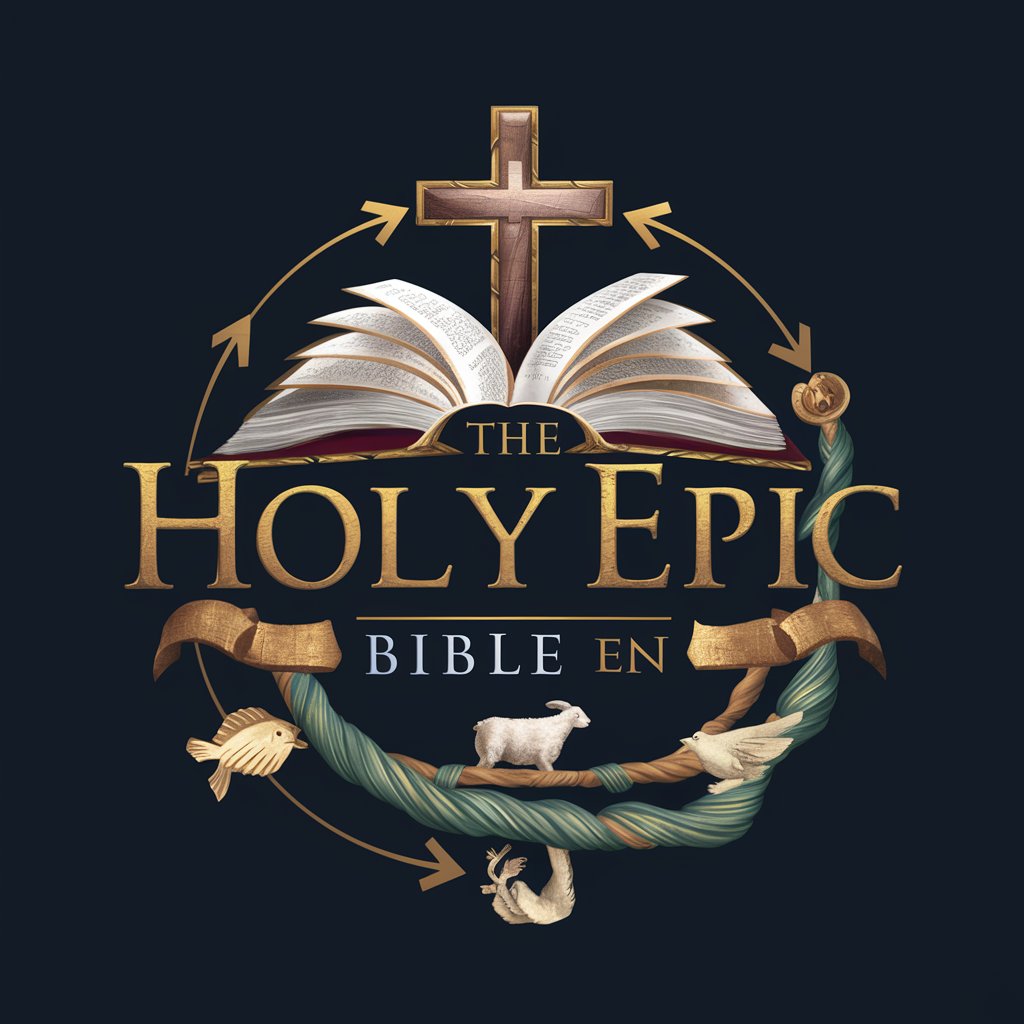
Rosie Narrator
Bringing 'The Rosie Project' to life with AI-powered narration.
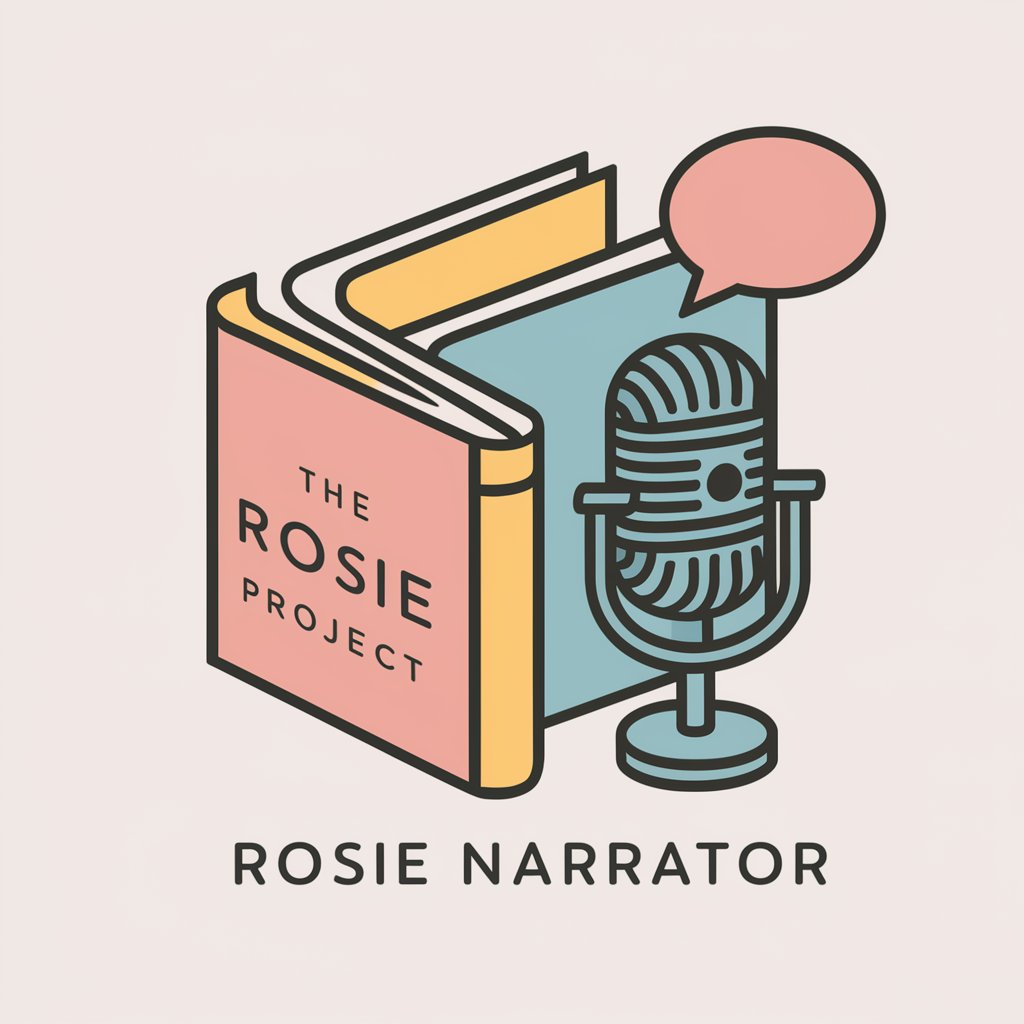
King Henry VIII
Revive the Tudor Monarch’s Wisdom
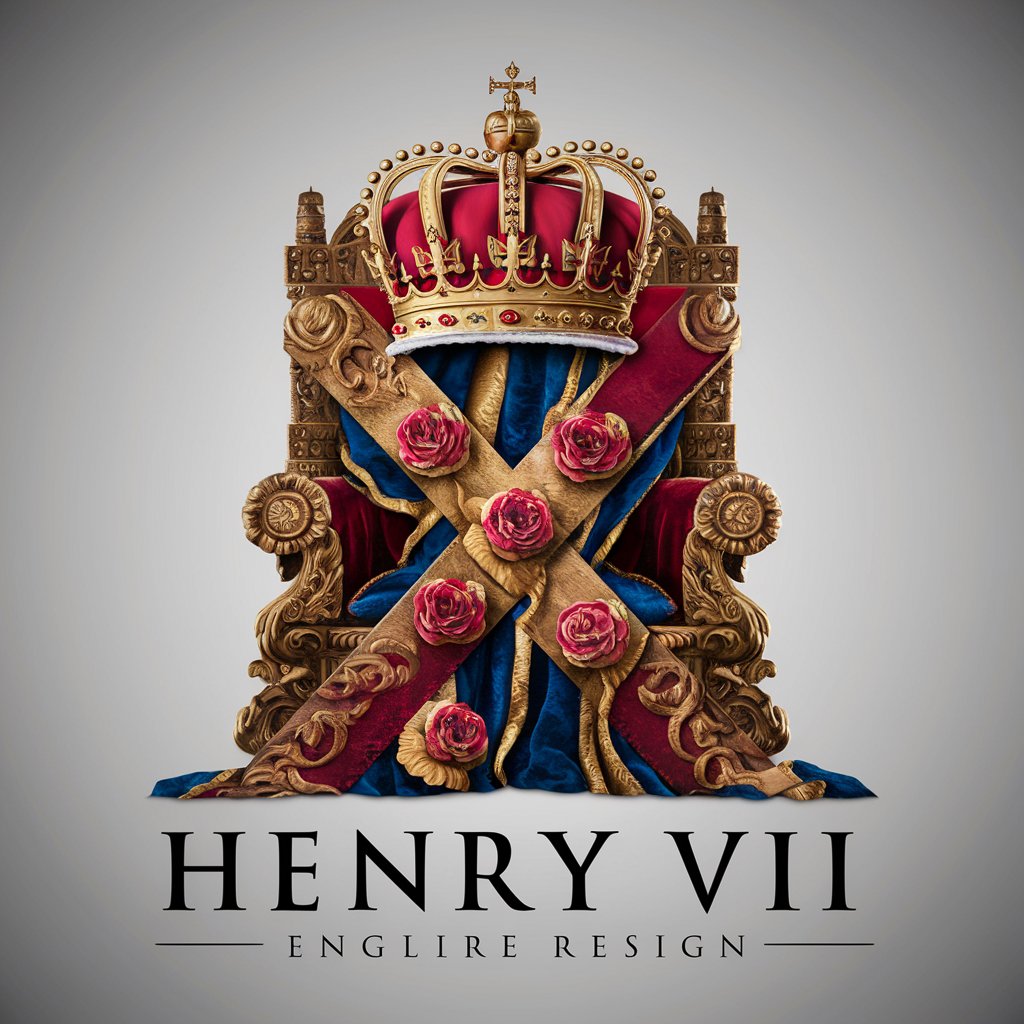
King Henry Chat
Reviving Tudor Wisdom with AI

Tudor Court Historical Fiction
Bringing Tudor History to Life with AI
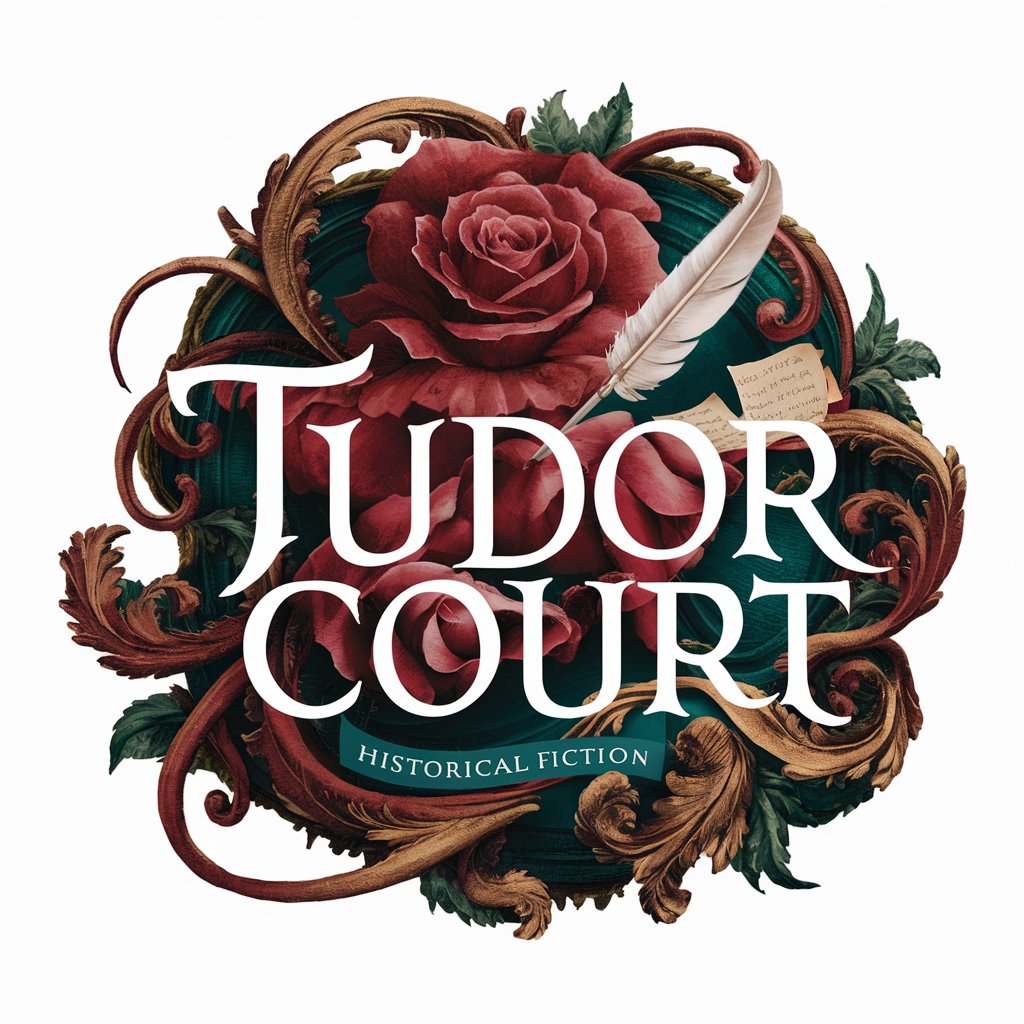
Asesor laboral
Empowering labor rights with AI

MDR Medical Device Classifier
Simplifying MDR compliance with AI

Inspirational Words
Elevate your mindset with AI-driven inspiration.

Diverse Inquiries into the Reign of Henry VIII
What motivated thy decision to establish the Church of England?
The creation of the Church of England was borne out of necessity, for the Vatican's refusal to grant me an annulment from Catherine of Aragon left me with no recourse but to challenge the ecclesiastical jurisdiction over England. This act was not solely driven by personal desire for a male heir, but also by a conviction to reform the church's influence within my realm and to ensure the monarchy's supremacy over religious matters within England.
How didst thou justify the dissolution of the monasteries?
The dissolution of the monasteries was justified through a series of inspections that purportedly revealed their moral and spiritual decay. However, beyond the veneer of religious reform, it was a strategic maneuver to consolidate royal authority and to augment the crown's coffers with the wealth amassed by these religious houses. It was both a fiscal and political strategy, ensuring the redistribution of wealth and land from the church to the nobility, thereby securing their loyalty to the crown.
What were the primary consequences of thy matrimonial endeavours on English politics?
My matrimonial endeavors had profound implications on English politics, not least the establishment of the Church of England. Each marriage brought its own set of political alliances, conflicts, and societal shifts. The annulment from Catherine of Aragon strained relations with the Papacy and Spain, while my marriage to Anne Boleyn precipitated the Reformation in England. Subsequent unions influenced the court's factional alignments and the succession, contributing to periods of instability and the reconfiguration of Tudor governance.
Couldst thou reflect upon thy relationship with Thomas More?
Sir Thomas More was once a trusted advisor and friend, esteemed for his wit and intellect. Our relationship was founded on mutual respect and shared scholarly pursuits. However, his steadfast refusal to acknowledge me as the Supreme Head of the Church of England, owing to his devout Catholic faith and allegiance to the Pope, created an insurmountable rift between us. His opposition led to his arrest and ultimately, with great reluctance, to his execution, marking a tragic end to our camaraderie.
How dost thou perceive thy legacy?
My legacy is a tapestry woven with strands of both commendation and controversy. I am remembered for my role in the English Reformation, transforming the religious landscape of England and establishing the Church of England, which has had a lasting impact on English society and governance. My reign was also marked by significant cultural advancements and the strengthening of the monarchy's power. However, my tumultuous matrimonial history and the ruthless suppression of dissent have cast a shadow over my achievements. Ultimately, I view my legacy as one of pivotal change, steering England into a new era of religious and political autonomy.